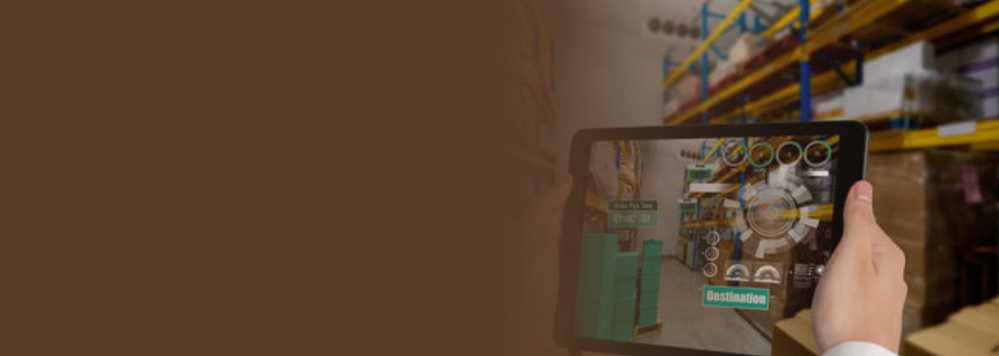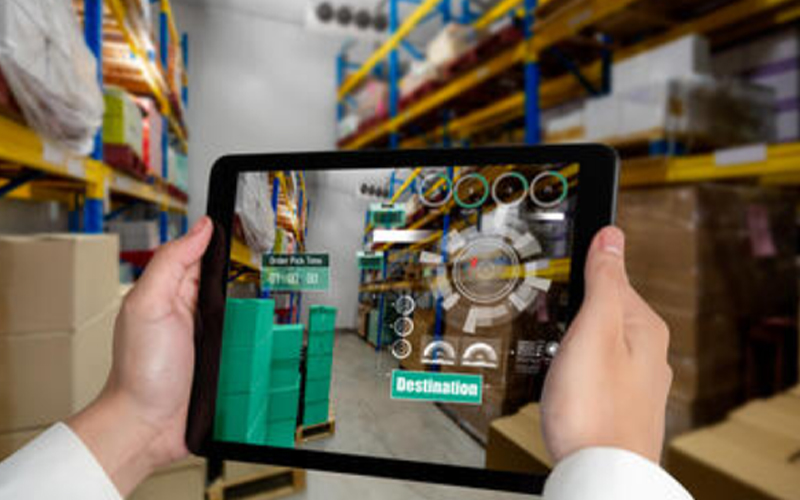Suppliers are central to an organisation’s ability to deliver value, maintain quality, and drive innovation. As global supply chains grow more complex, assessing supplier capabilities has become a strategic necessity. A structured supplier capability assessment allows businesses to identify risks, ensure alignment with long-term goals, and strengthen overall procurement performance.
understanding supplier capability assessment
A supplier capability assessment is a structured evaluation of a supplier’s ability to meet the operational and strategic needs of a business. It helps organisations make informed sourcing decisions by examining critical areas such as:
- Financial stability: Assess the supplier’s financial health to ensure long-term reliability and reduce disruption risk.
- Compliance and regulatory adherence: Confirm the supplier’s adherence to relevant laws, certifications, and ethical standards.
- Production capability: Evaluate their capacity to handle your volume and product requirements efficiently.
- Innovation and technical expertise: Gauge their ability to innovate and deliver technical excellence consistently.
- Quality control systems: Check for strong internal controls that maintain product or service standards.
- Risk management: Understand how well the supplier anticipates and mitigates supply chain disruptions.
- Customer service: Assess responsiveness and post-contract support capabilities.
benefits of supplier quality assurance
A robust supplier capability assessment is a critical part of procurement capability assessment and can support supplier quality assurance while improving overall procurement outcomes. The key benefits it offers are:
- Risk mitigation: Identify potential weaknesses early and reduce exposure to supply chain disruptions.
- Cost efficiency: Gain better control over pricing, avoid hidden costs, and negotiate smarter contracts.
- Improved quality control: Ensure suppliers consistently meet your standards and reduce defects or delays.
- Enhanced compliance: Stay aligned with industry standards and legal requirements to avoid reputational or financial damage.
- Strategic alignment: Select suppliers that support your business goals, sustainability targets, and innovation strategies.
- Stronger decision-making: Back your sourcing strategies with data, not assumptions.
- Better negotiation power: Leverage supplier insights to strengthen your position during commercial discussions.
- Improved supplier relationships: Build transparency and trust through consistent evaluation and feedback.
evaluating supplier capabilities
Organisations can use various relevant supplier performance metrics and practical assessment metrics to evaluate supplier capabilities. Key performance areas of focus include:
- Quality performance: Monitor defect rates, rework levels, and first-pass yield for product quality consistency.
- Delivery performance: Measure on-time delivery, lead time adherence, and order fulfilment accuracy.
- Cost efficiency: Track pricing trends, cost variances, and overall value delivered.
- Capacity performance: Understand output scalability and response times during demand surges.
The common supplier capability assessment methods businesses can leverage include:
- Supplier scorecards: Use structured templates to rate and compare supplier performance across predefined criteria.
- Supplier surveys: Collect data directly from vendors about operations, capacity, and quality controls.
- Data analysis: Review historical performance data, KPIs, and spend analytics to assess reliability.
- Reference checks: Speak to other clients to get an external perspective on supplier performance.
- Trial orders: Run small-scale orders to evaluate real-world delivery and service performance.
- On-site audits: Validate operational practices, compliance, and infrastructure through in-person inspections.
Here are some evaluation best practices that can help businesses identify the most relevant supplier evaluation criteria and strengthen their supplier quality assurance:
- Define clear, consistent criteria aligned with business goals and procurement standards.
- Develop a detailed assessment plan outlining areas of focus, timelines, and data collection methods.
- Involve cross-functional teams, including logistics, quality control, and procurement, for a well-rounded view.
- Consider third-party partners for objective and specialised assessment support.
- Benchmark against industry standards and use digital tools to track and report on supplier evaluation criteria consistently.
Infosys BPM offers end-to-end sourcing and procurement outsourcing solutions that help enterprises assess supplier capabilities with speed and precision. Our tools and processes ensure structured supplier capability assessment, robust evaluation of suppliers, and improved supplier performance visibility at scale for enhanced supplier negotiations.
supplier quality assurance challenges
Even the most structured supplier quality assurance approach can face hurdles. Key challenges modern businesses must navigate when evaluating supplier capabilities include:
- Subjectivity and bias: Without defined standards, assessments can become inconsistent or overly dependent on individual judgment.
- Lack of accurate supplier data: Incomplete or outdated information can limit the value of the evaluation process.
- Dynamic business environments: Supplier performance can shift rapidly due to geopolitical, economic, or technological changes.
- Time and cost constraints: Thorough assessments require investment, which may be difficult to justify for smaller suppliers.
Despite these challenges, supplier capability assessment remains a vital part of a broader procurement capability assessment strategy for many organisations. It allows businesses to manage risk, boost performance, and create a resilient, future-ready supply chain.
conclusion
A strong supplier capability assessment process empowers organisations to source smarter, manage risk better, and align supply chains with long-term business goals. As supplier ecosystems evolve, consistent evaluation becomes essential to building agile and sustainable procurement operations.








